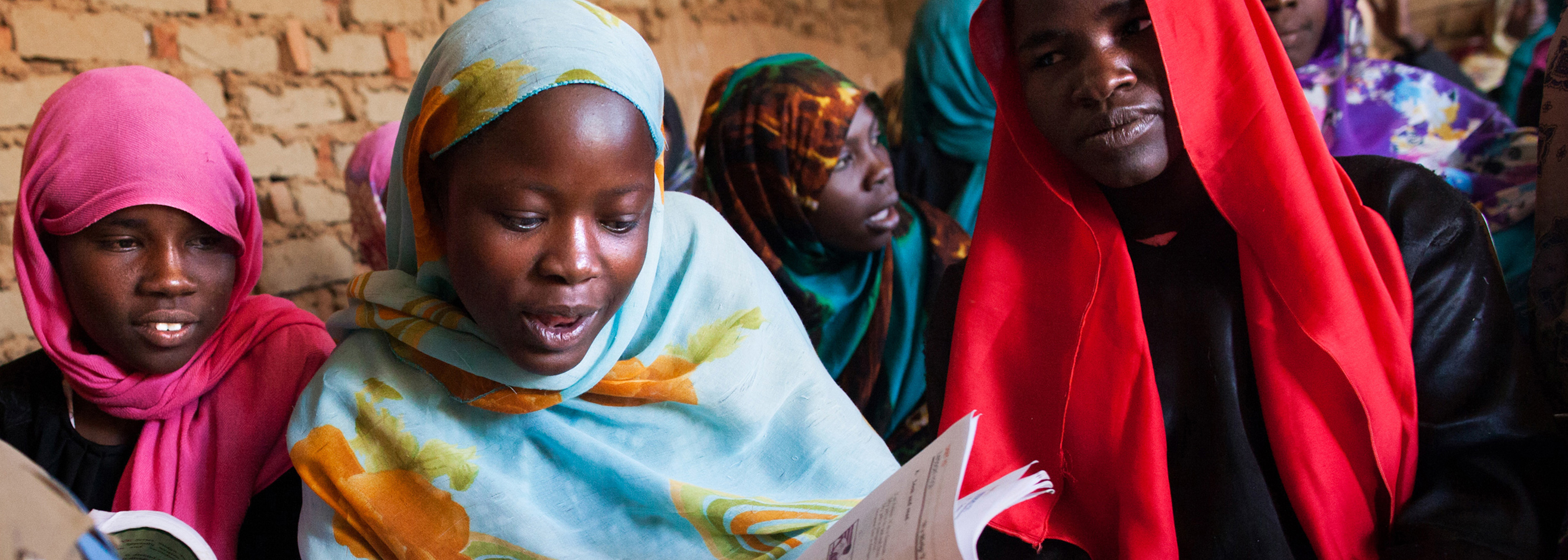
- Webinar
- 9 December 2020 GMT
Gender, power and progress: How norms change - ALIGN flagship report launch
- Organiser:
- ALIGN
- Location:
- Streamed online
- Contact:
- [email protected]
Watch the recording of ALIGN's flagship report, Gender, power and progress: How norms change, launch. The report responds to the growing interest on understanding and changing gender norms around the world on the 25th Anniversary of the Beijing Declaration and Platform for Action. The report draws on global data and learning and explores:
- how gender norms have changed over the past quarter-century,
- what has supported and blocked changes to gender norms in a number of sectors, and
- how to ensure change is faster, and robust enough to resist backlash and crisis.
The authors, plus special guests, share and discuss key findings from the report in relation to four key areas critical to shifting gender norms to achieve lasting change: education, paid and unpaid work, political voice and representation, and sexual and reproductive health.
*Please note a small error in the data in the above presentation between 19.08-20.15. The data should say 'The share of women who agree that a wife can refuse sex if her husband is sleeping with other women fell in 26 countries and rose in 6.'
Panel
Contributing chair:
Grace Kyomuhendo Bantebya - Professor at the School of Women and Gender Studies, Makerere University, Kampala, Uganda. Earlier this year, Grace co-authored part of ALIGN’s series on History and Change which used in-depth, qualitative interviews to look at long-term (the past 50 years) gender norm change in Uganda and Nepal. The research identified and leant from women with direct personal experience and women who have themselves analysed the political and social processes of change in their own histories.
Speakers:
Caroline Harper - Report author, ALIGN Director, and Principal Research Fellow at ODI. Caroline has worked on issues of inclusion, gender, age and poverty for over 30 years, including 14 years with ODI, 10 years residence in East and S.E Asia, and previous employments as a consultant and with Save the Children as head of research and policy. She has a PhD in Social Anthropology.
Rachel Marcus - Report author, ALIGN Senior Technical Advisor, and Senior Research Fellow at ODI. Rachel wrote the report chapters focusing on education and paid and unpaid work. She has focused on various aspects of social and gender norm change in recent years, with a particular interest in the role of formal and non-formal education, mass and social media, and the development of gender-equitable masculinities.
Anita Ghimire - Director of the Nepal Institute for Social and Environmental Research. Anita, led ALIGN’s History and change series in Nepal, and has undertaken multiple research projects on gender norms and social change in n Nepal.